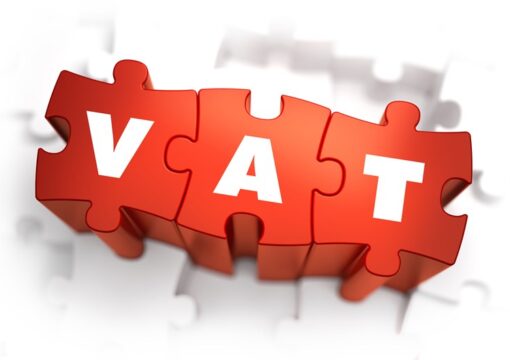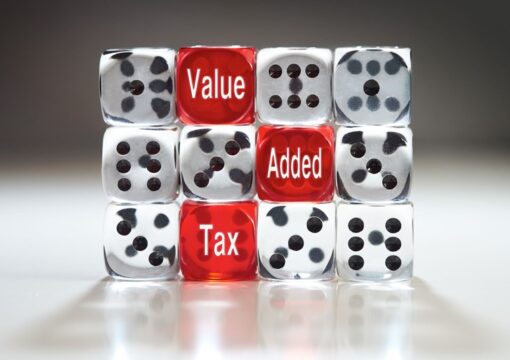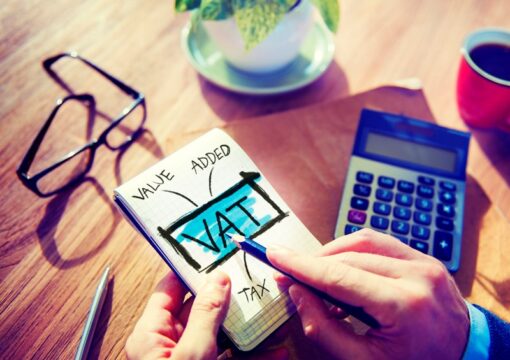
The artificial separation of businesses (also known as disaggregation) happens when a business with two or more activities (for a public house this could be the sale of drinks and the sale of food) are split and each ‘separate’ entity continues to

The transfer of a business as a going concern (TOGC) rules concern the possible VAT liability resulting from the sale of a business. Normally the sale of the assets of a VAT registered or VAT registerable business will be subject to VAT at the

There are three main VAT schemes available to small businesses:
The flat rate scheme
The annual accounting scheme
The cash accounting scheme
The Flat Rate Scheme
The purpose of this VAT scheme is to simplify the way a business accounts for VAT

Any business that has been adversely affected by the new ‘limited cost trader’ test that was introduced on 1 April 2017, should consider whether it will be more beneficial to leave the VAT Flat Rate Scheme (FRS) and revert to using traditional VAT

The VAT Flat Rate scheme (FRS) has been designed to simplify the way a business accounts for VAT, and in so doing, reduces the administration costs of complying with the VAT legislation.
Using the FRS, you simply pay VAT as a fixed percentage of